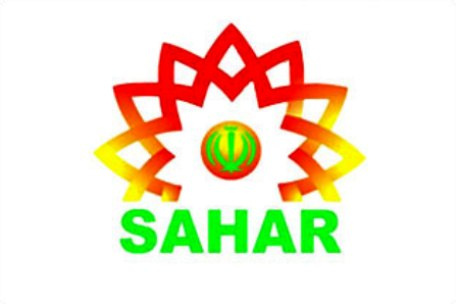Divisive Waves

In an exclusive interview with Iranian Diplomacy, Afshar Soleimani, senior international analyst, Caucasian affairs specialist and former ambassador to the Republic of Azerbaijan speaks about the recent dismissal of Islamic Republic of Iran's (IRIB) representative in Azerbaijan. He believes that the Iranian state-backed Azeri channel Sahar does not have a positive effect on Iran and the Republic of Azerbaijan’s relations.
IRD: What is the story behind the sacking of a senior Islamic Republic of Iran Broadcasting (IRIB) official in Azerbaijan? And what caused it?
AS: From the beginning of this joint venture, the government of Azerbaijan exhibited negative reactions to the content of Sahar TV. Of course, the intensity of the contest was diverse at different occasions. Perhaps in October 2003 Baku exhibited its strongest disapproval of Sahar TV’s content following the broadcasting of an interview with Isa Gambar, the leader of the opposition Equality Party and a presidential candidate at the time in Azerbaijan.
Sahar TV tends to interview personalities that are in opposition with Azerbaijan’s current government – mainly the Islamists and secularists in Azerbaijan – that leads to a negative propagation of the Azerbaijan government. It is for this reason that Azerbaijan’s officials express dissatisfaction regarding this broadcasting channel.
However, I must add that Azerbaijan’s treatment of IRIB’s representative has been far from with mutual respect and political courtesy. Refusing entry to IRIB’s representative and not permitting the landing of Iran Air plane until the representative and his family were out of Baku International Airport is in contradiction of conventional diplomatic behavior and ICAO regulations.
It is noteworthy to indicate that this incident happened days after Ali Hasanov’s, deputy prime minister of Azerbaijan, official visit to Tehran and his meeting with official authorities in Iran, including the IRIB president Ezatollah Zarghami.
There is no doubt that any country reserves the right to refuse the resumption of a foreign representative’s presence, but usually that occurs within diplomatic measures. During his visit to Tehran, Ali Hasanov could have requested for Tehran recalling of IRIB’s representative from Baku. The least Baku could have done was to allow the IRIB representative to remain in the country and to file in a request with Tehran asking for the withdrawal of IRIB’s representative. This, however, was not the case, which could only mean that Ali Hasnov must have been very dissatisfied with his visit to Tehran. Hasanov also hinted at his disappointment in an interview with Trend News.
IRD: What is Sahar TV’s range of activity and how does it affect Iran-Azerbaijan relations?
Sahar broadcasts a wide range of political, economic and social programs. It also airs Iranian TV series dubbed in Azeri. Yet, Azerbaijan is mainly dissatisfied with the content of some interviews, news programs and political analysis that have Islamic tendencies. Of the recent Azerbaijani complaints regarding Sahar was a program addressing the status of hijab in Azerbaijan while including interviews with a number of Azeri citizens who were protesting against the government. Generally speaking, this channel has not had a positive effect on the relations of the two countries. Furthermore, it tends to spread suspicion towards the Azerbaijan’s government amongst targeted Azeri viewers, especially people who live close to Iran’s borders.
IRD: Does this channel attract a large audience in Azerbaijan?
Considering that Sahar doesn’t cover in the entire Azerbaijan it cannot be said that it has avid followers. However, it does have its audience amongst specific segments and regions in the country, especially the lower, more religious class. Basically, this has caused Baku’s reaction.
IRD: Last week Ali Hasanov met some Iranian officials in Tehran. Upon his return to Azerbaijan he spoke of a number of agreements between the two countries regarding non-interference in each other’s internal affairs. Based on his announcement, how can Baku’s action be explained?

